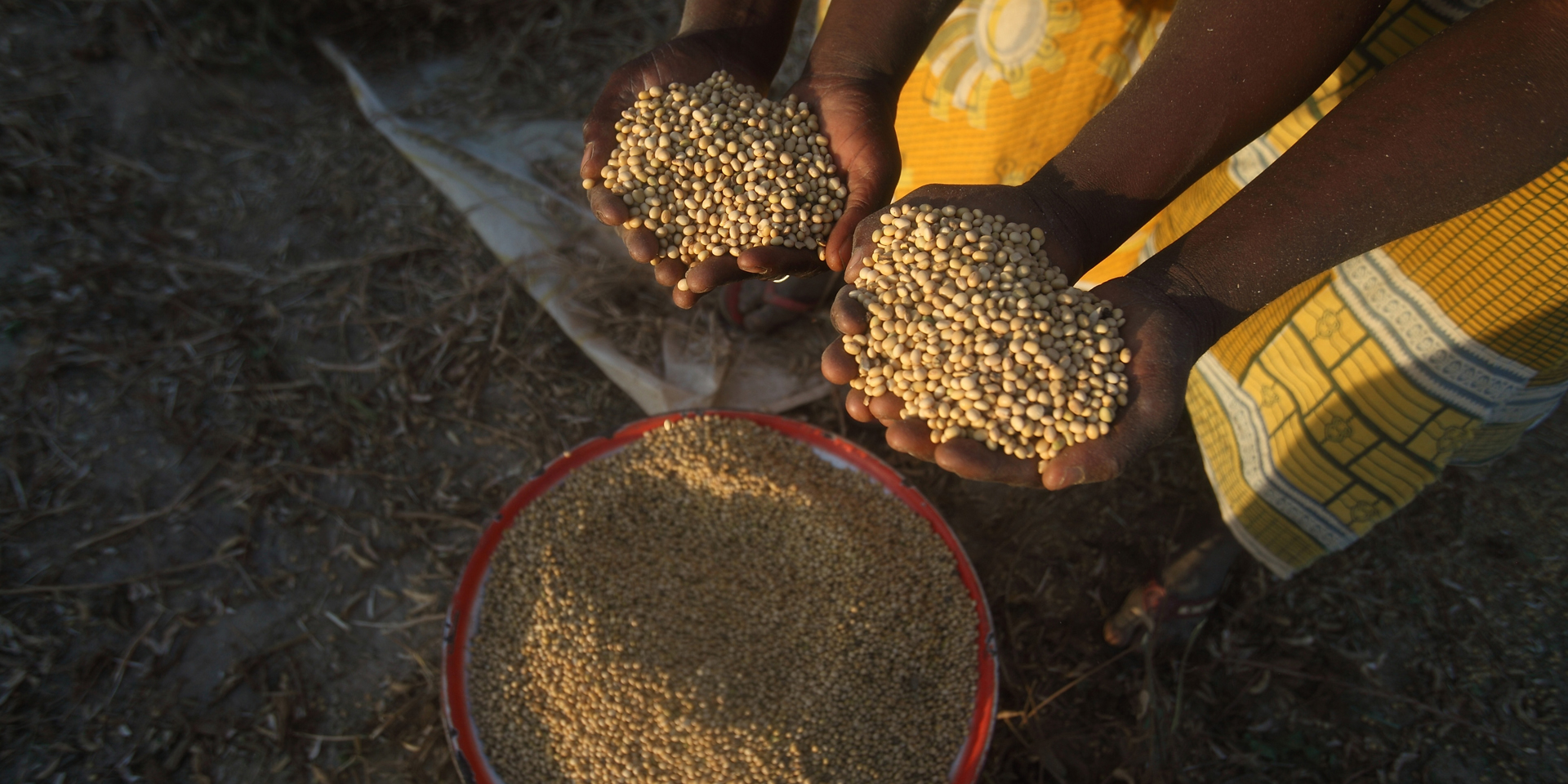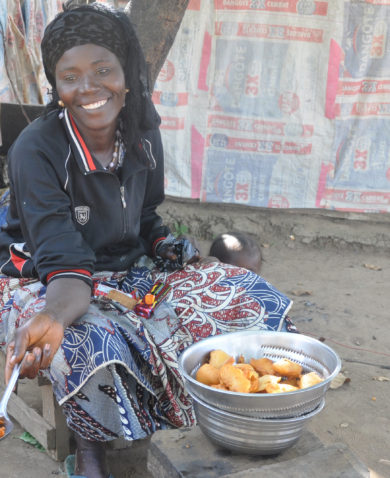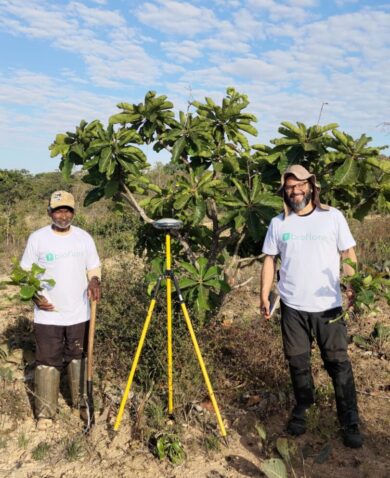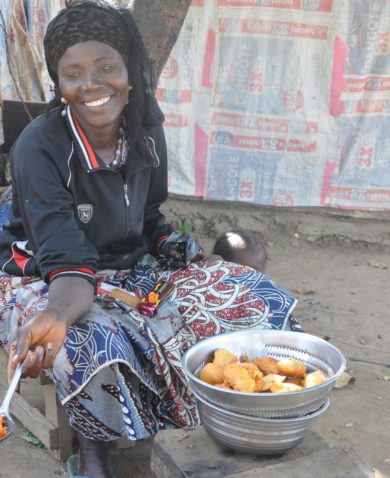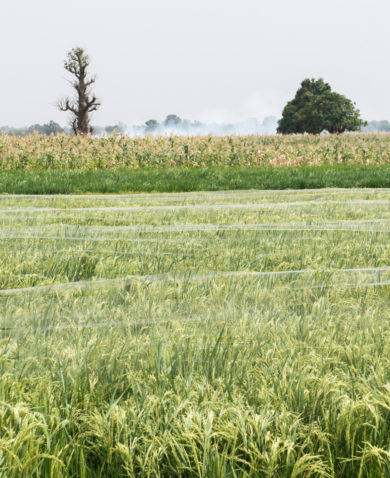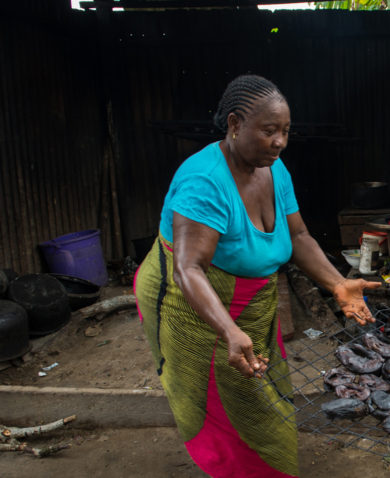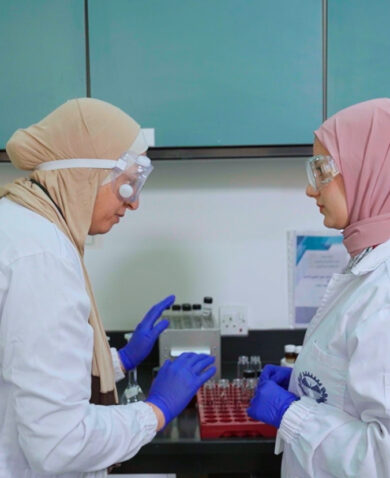As Chemonics’ Neal Donahue and Ilisa Gertner argued in last year’s Frontiers in Development, greater nutritional awareness can generate demand for healthful foods in local markets and incentivize farmers to produce them, expanding business opportunities for smallholders while improving food security. The success of Amina’s business can be viewed as an example of the potential of nutritional awareness to achieve these goals.
Across Nigeria, thousands of farmers like Amina are already putting their USAID microenterprise and nutrition training to use. In Kano, for example, another female trainee more than doubled her income and increased her access to healthful food after deciding to sell kwilikwi, a popular snack made from groundnuts.
Mr. Schartup sees great potential in continuing to promote more nutritious diets in rural areas, giving farmers more opportunities and nurturing the market for healthful foods along the way.
“Nigeria has a lot of potential to make breakthroughs. It’s got a lot of entrepreneurial people and a huge internal market, and it also feeds much of western Africa. Tapping that entrepreneurial spirit is key to our sustainability strategy,” he said.
He points out that unlike in some countries, many of Nigeria’s staple crops are nutritious and have a demand. The main challenge to improving people’s diets going forward? It’s teaching households to properly diversify their diets using available foods, a focal point of the nutritional awareness training under this program.

